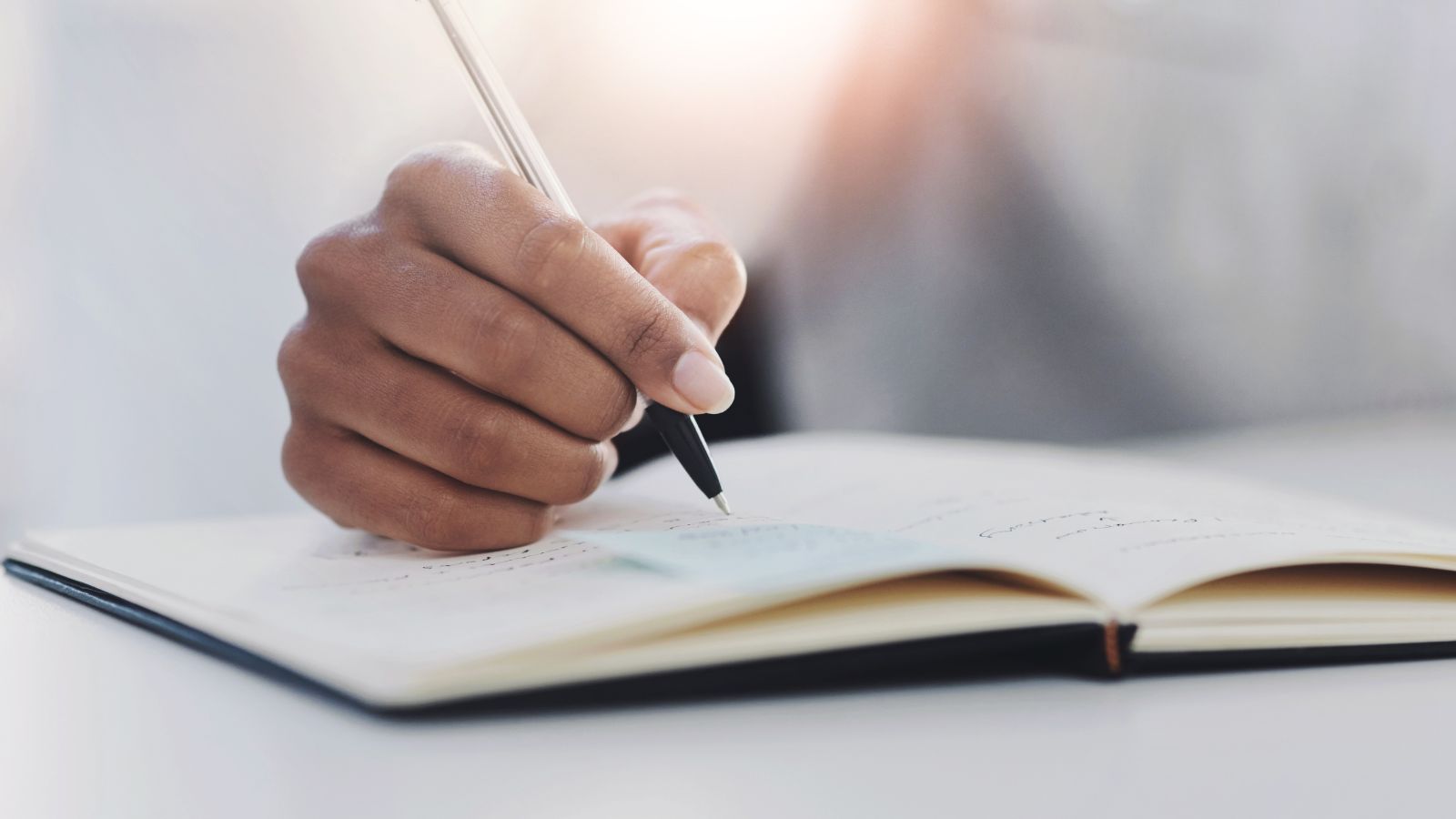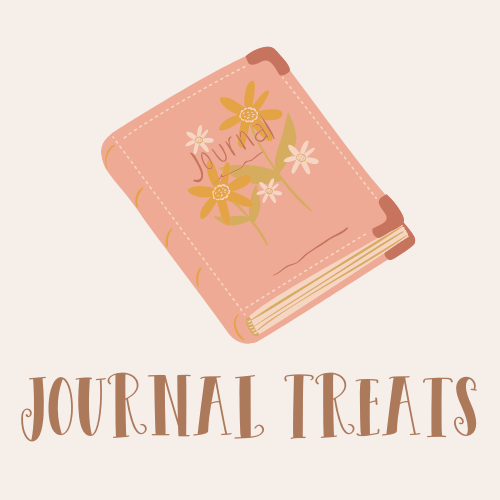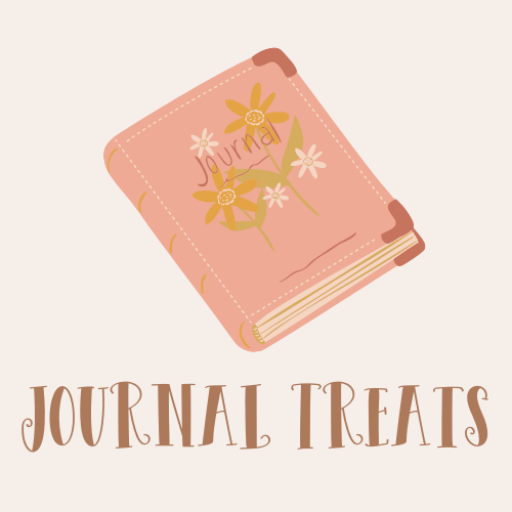
The Busy Person’s Guide to Journaling for Productivity and Mindfulness


I am the first to say that I never have time to do anything. I am always running around and have a million things to complete every day. If you are like that, do not worry, you are not alone but I am sorry I am the one to tell you, we need to be organized and take care of ourselves to make sure we are not pushing ourselves into an unhealthy routine.
If you are here, are you looking for a way to journal that fits into your busy schedule? Are you interested in using journaling for productivity and mindfulness, but don’t know how to get started? You’re in luck! In this blog post, we will discuss how to start journaling for busy professionals.
We will also explore the different types of journals available, both digital and physical, and show you how to create your own journal from scratch or use templates. Journaling can be a great way to boost your productivity and achieve a more mindful state of mind.
If you’re like most busy professionals, you probably don’t have a lot of time to spare. You might be thinking that journaling is something that you’ll never be able to fit into your schedule. But the truth is, journaling can actually be a great way to save time and increase your productivity.
The benefits of keeping a journal
One of the best things about journaling is that it can be done anywhere, at any time. All you need is a notebook and a pen. You can journal on your lunch break, on the bus or train, or even in the middle of a meeting (if you’re feeling brave!). And if you’re really short on time, there are even digital journals that you can use on your phone or tablet, there are so many resources for you, and what works for you will be your decision. There are so many benefits when you start journaling some of the things it may help you with are:
- Clarify your thoughts and ideas
- Make better decisions
- Improve your problem-solving skills
- Reduce stress and anxiety
- Boost your mood and well-being
As you can see, journaling can have a profound effect on both your productivity and your mental health. If you’re feeling overwhelmed or stressed, journaling can be a great way to release those feelings and clear your head.
Why journaling for productivity and mindfulness is a good option
Journaling can be used as a tool to help you focus on your goals, reflect on your day-to-day experiences, and track your progress over time. One of the many things is to keep all your important stuff in one place, especially for your work or school, this helps you see the bigger picture and analyze better what needs your attention in the next few hours or days.
Also, as someone who is always too busy and has their calendar full of stuff, taking time for your mental health is important and it can be difficult to do with such little time available. There is a reason why a lot of mental health professionals recommend to journal and it is because is the best way for you to understand yourself, and your emotions and process when you need to rest and actually recover after very busy days.
When we have busy calendars you may feel like you are not getting anything done, especially if you are multitasking. This is my case and what I have found to make me feel like I am actually getting things done is to take some time every day for what needs to be done for the day, the week, and even the month depending on what is your profession. If you do not take this time it can be way too hard to get things completed.
If you want a guide on how I use digital notebooks for my own workflow check it here.
How to get started with journaling, even if you’re busy
When it comes to journaling, there are no rules. You can write about whatever you want, whenever you want. Some people like to use their journals as a place to vent their frustrations and get things off their chest. Others use it as a way to track their progress and goal-setting. And some people simply use it as a place to jot down their thoughts and ideas. There is no right or wrong way to journal – it’s all about what works for you.
If you want to journal but don’t know where to start, there are a few things you can do to get started. First, decide what type of journal you want to keep. There are two main types of journals: digital and physical.
Digital journals are great for busy people because they can be accessed anywhere, at any time. You can journal on your phone or tablet while you’re on the go. And if you’re worried about losing your journal, you can always back it up to the cloud or your computer.
Physical journals are also a great option for busy people. You can keep them with you at all times and write down thoughts and ideas whenever they come to you. Plus, there’s something satisfying about writing in a physical journal. If you’re looking for a more traditional journaling experience, a physical journal is the way to go.
Find a journal that fits your personality and writing style and once you’ve decided on the type of journal you want to keep, it’s time to start journaling! If you’re not sure where to start, there are plenty of journal templates and prompts available online. You may want to keep a section for your mood, and your daily tasks and just use a diary to process your day-to-day or, if you’re feeling creative, you can always create your own journal from scratch. Just grab a notebook and start writing!
Tips for making the most of your journaling sessions
Journaling is for you, for your own benefit and you should look to get a benefit from it, it does not matter what your goal is but you should aim to make it something that improves your life and that you enjoy. Set some simple goals for yourself, like writing in your journal every day or tracking your daily tasks.
Start with short journaling sessions. If you’re new to journaling, you may want to start with just a few minutes a day. As you get more comfortable, you can gradually increase the amount of time you spend journaling.
Find a quiet place to journal. You may want to journal first thing in the morning or right before bed. If you can, find a quiet place where you can journal without distractions. You do not owe anyone an explanation of your journal, use it as much or little as you want and need.
Use prompts to help get started, or come up with your own ideas for topics to write about. Take time to reflect on your thoughts and feelings, and see how journaling can improve your overall well-being, be honest with yourself and go small but be consistent.
Experiment with different ways of keeping track of your journaling progress
No matter what type of journal you choose, the important thing is that you use it regularly. Productivity experts recommend journaling for at least 15 minutes every day. This may seem like a lot, but it doesn’t have to be. You can break up your journaling time into smaller increments throughout the day if that works better for you. And once you get into the habit of journaling, you may find that you enjoy it and want to spend more time doing it!
You may want to set some time in your calendar just for journaling, especially if you are using it for productivity, it will recommend that mental load and help you have more structure in your day.
You may want to keep track of your own journal how much it has helped you or how often you are using it. Or, if you are more into using tech devices, you may want to use an app or a website that helps you keep track of your progress, see how it is going, and the changes you may need to do. Remember this is for you and your personal improvement.
Find a community of other journalers
If you’re looking for accountability and support, there are plenty of journaling communities online. You can find groups on social media or forums where you can connect with other journalers and share tips and advice.
These groups are amazing for inspiration, to share your progress and they can offer support and encouragement, especially if you are new to journaling or starting to use it for productivity. They can be a great resource for journal prompts and ideas, as well as a place to ask questions about journaling.
Journaling is a personal activity, but it can be helpful to connect with others who are doing it too. So if you’re feeling stuck, or just want to chat with other journalers, don’t be afraid to seek out a journaling community online.
So there you have it: a busy person’s guide to journaling for productivity and mindfulness. Journaling is a great way to boost your productivity and achieve a more mindful state of mind. Whether you choose to keep a digital journal or use a notebook or bullet journal, the important thing is that you use it regularly. So what are you waiting for? Get journaling and boost your productivity today.
Pin it for later!

Share this post :


11 Methods of Combining Cleaning With Journaling for Everyday Peace

How Tidying and Writing Improve Mental Health

11 Ways to Use Cleaning and Journaling as Life Tools
Subscribe our newsletter
Stay Updated with the Latest Reviews – Subscribe to Our Newsletter!
Affiliate Disclosure
As an Amazon Associate, Journaltreats.com earns from qualifying purchases.
Our website also contains other affiliate links, but our editorial content is not influenced by advertisers or affiliate partnerships. See our full disclosure.
AI Disclosure: Some elements may have been created with the assistance of AI tools.
Copyright Notice
All of the content on this website, including images, text, audio, and video, is Copyright © 2024 Journal Treats and may not be stolen, reproduced, downloaded, republished, or otherwise used without the explicit written permission of the owner of Journaltreats.com.
Except where prior permission is granted, Journal Treats reserves all rights.


